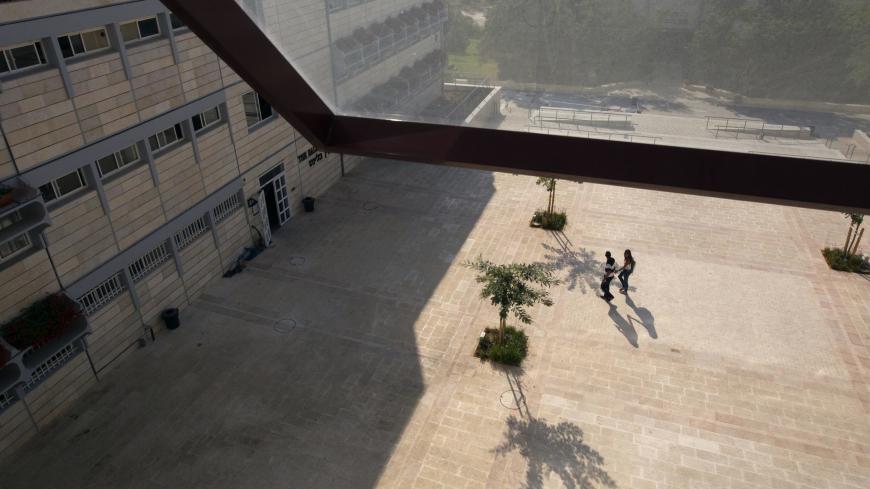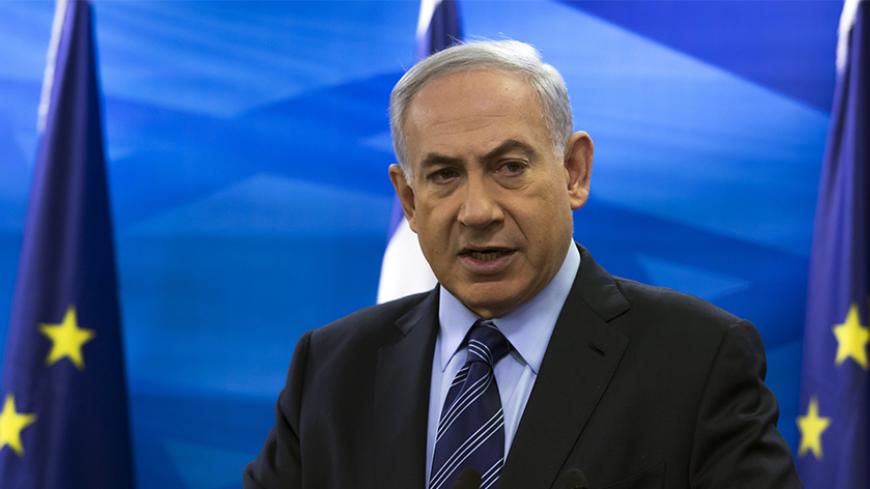Israeli right’s anti-democratic laws penetrate everywhere
The accumulation of anti-democratic, anti-coexistence and nationalistic laws threatens the fabric of Israel’s society.

Israeli Prime Minister Benjamin Netanyahu pledged recently 800 million shekels ($226 million) for security measures along West Bank roads used only by settlers, bypassing Arab villages. Pocketing that significant pledge in public funds, head of the Samaria Regional Council Yossi Dagan declared, “It’s not a question of who won — this is a victory for us all.” Dagan, one of the Likud Party’s biggest membership drivers, named the partners in this victory: the settlement movement, the Israeli government, the national camp and “the entire State of Israel.” Did anyone ask the State of Israel whether it thinks spending almost 1 billion shekels on roads for West Bank settlers outside its sovereign territory is worth it?
This major expense may well reduce the number of Israeli victims of Palestinian terrorism on the roads leading to and from the settlements. The Talmud (Sanhedrin 4:5) says, “Whoever saves a life, it is considered as if he saved an entire world.” However, nowhere does it say that the lives of those who decided to risk life and limb in order to settle in occupied territories are worth any more than the lives of those who built their homes in the Negev or Galilee regions of sovereign Israel. Let’s look at the data: In 2016, 17 Israelis were killed in 142 significant terror attacks (compared with 171 the previous year). An average of 40 Israelis are killed every year in hundreds of traffic accidents on the seven "red roads," most of them in far-flung areas of the country, neglected due to budgetary constraints.







